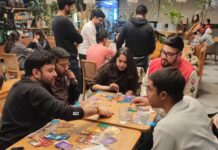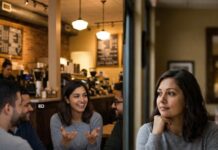The word ‘Instagrammable’ being included in a scientific paper is a marvel in itself. Isn’t it?
A recent study that raised the question about the feature that makes a bird photo great has officially deemed ‘Frogmouth’ as the most Instagrammable bird of all time.
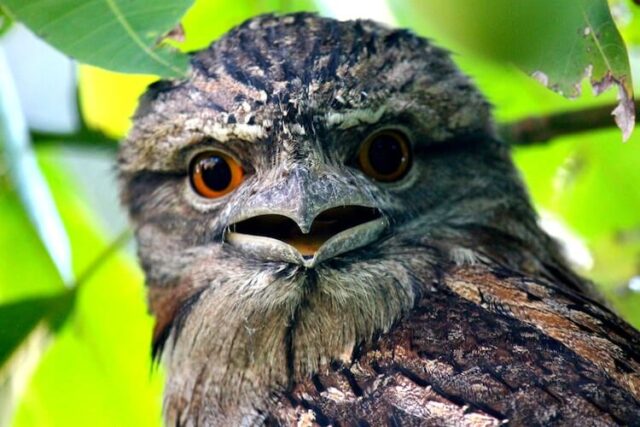
Another word that the researchers used to describe the bird, perhaps for the first time, was ‘poetic justice’. Strangely enough, now an Instagram celebrity, this bird was once known as ‘the world’s most unfortunate-looking bird’.
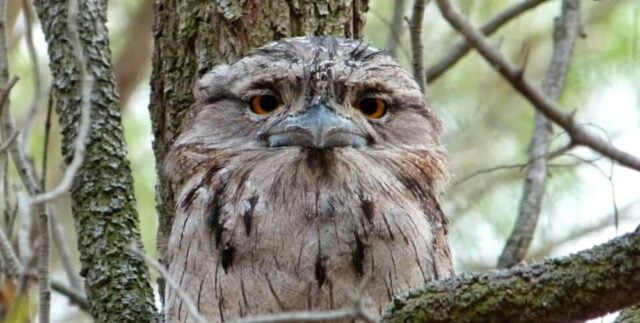
Thanks to the research paper, the same bird is now a heartthrob for millions of photography and nature fans.
The Bird Algorithm
Gaining likes and fans is not everyone’s cup of tea. And when you’re a bird, it’s a tough competition with a plethora of colors and intriguing features.
The scientists too were shocked when the results came out since the most unfortunate-looking bird was not what they were expecting to be the most Instagrammable.
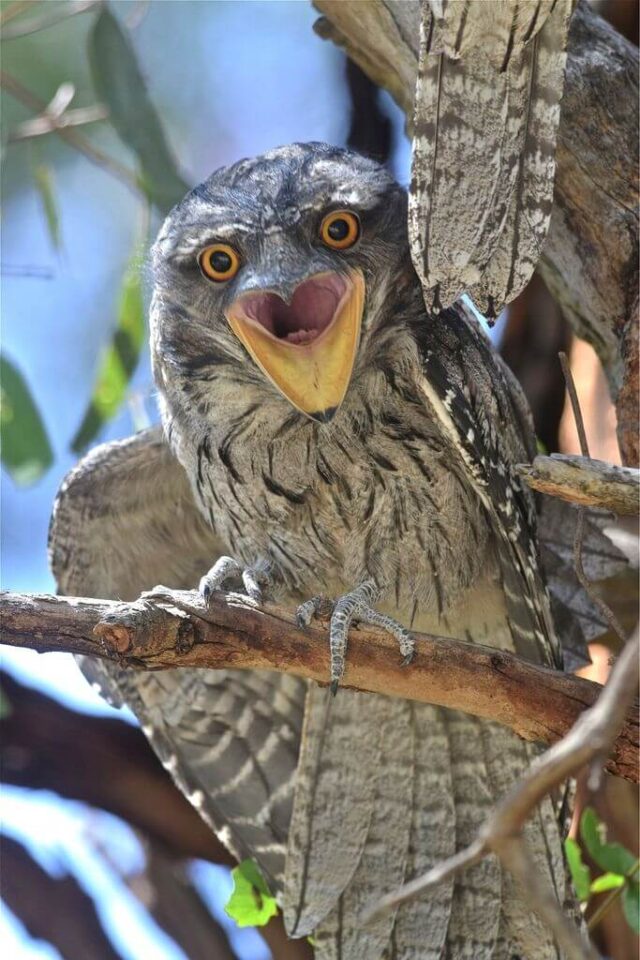
Frogmouth And Its Distinctiveness
At first sight, the bird’s facial features pique the interest of any and every onlooker. Moreover, with its almost anthropomorphic facial features, the bird looks like no other.
Frogmouths are quite a rarity, as per the University of Konstanz, Germany, “Even in our 20,000-image database, it featured only 65 times”. No wonder the entire ornithology department celebrates every single Frogmouth sighting.
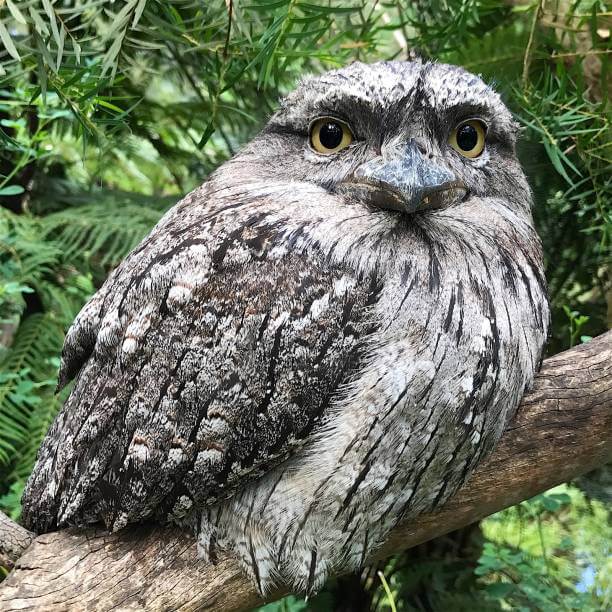
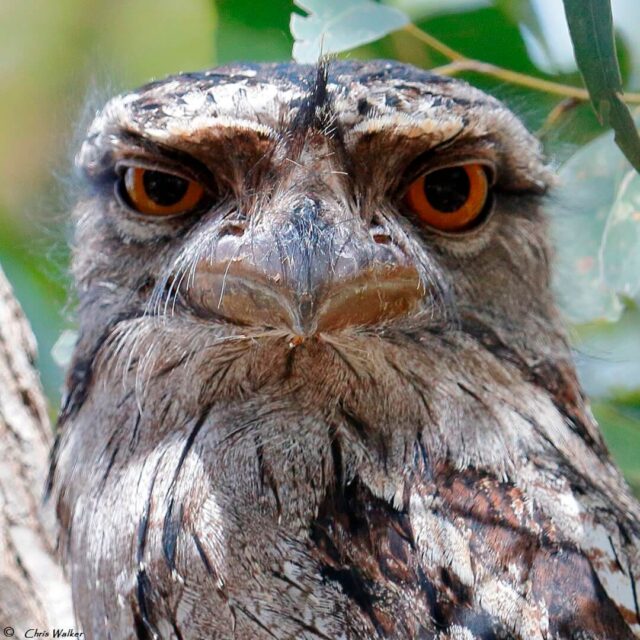
Dr. Thommes, a photographer and psychologist, took to figuring out how a bird gets likes on Instagram and on what basis.
As for the reason for choosing Instagram among all the available social media platforms, she said, “It is a place where countless active users from all over the globe interact with an enormous amount of visual content”.
Ranking Among Birds On Instagram
Dr. Thommes discovered that one of the most favorable features of a bird that gets it a greater number of likes than the rest is its decorative plumage.
“The emerald turaco and the hoopoe, both with crown-like head feathers, scored highly,” said Dr. Thommes and her team of scientists.
And in case the plumage is blue in color, the bird becomes “most aesthetically appealing”. This discovery further augments various other studies that were based on resolving the question as to what tempts us to engage with tourism images.
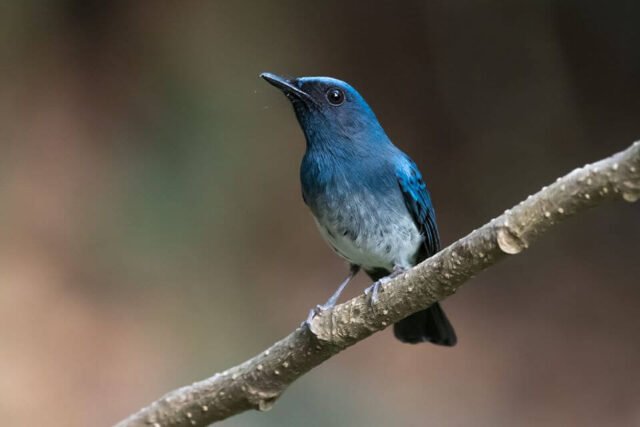
Blue is, no wonder, the color that is often described as peaceful, tranquil, secure, and orderly. It’s also seen as a sign of stability and reliability.
Read More: These Pics From The Comedy Wildlife Photography Awards 2020 Are The Pandemic Stress Busters We All Need
Can Popularity Equal Beauty?
Seabirds have been deemed to be far less appealing in the said study. The not-so-pretty birds’ list includes sandpiper, oystercatcher, storks, vultures, etc.
But the question remains. Any shareable and likable picture can become popular. But can popularity really be associated with beauty?
No. Popular does not mean beautiful. Especially when it comes to wildlife photography.
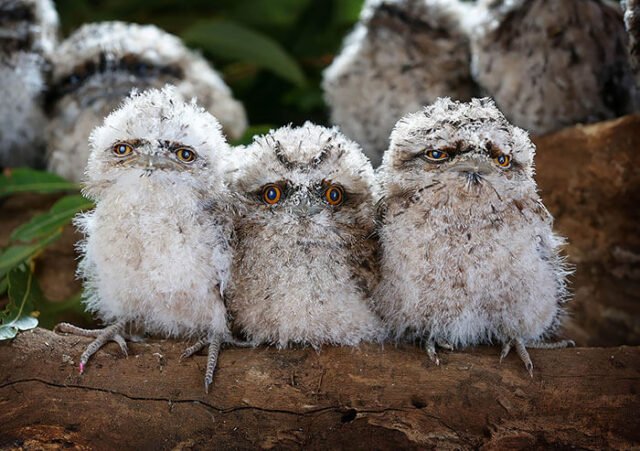
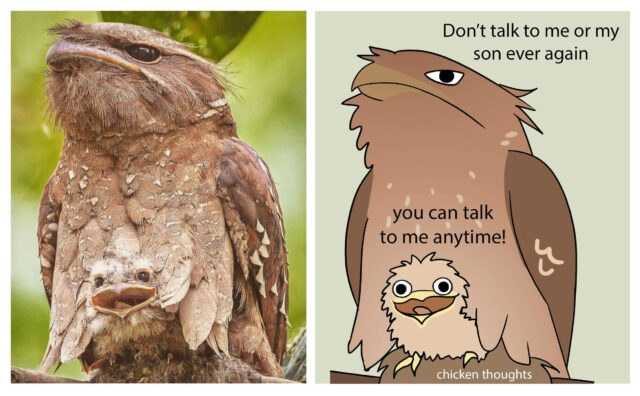
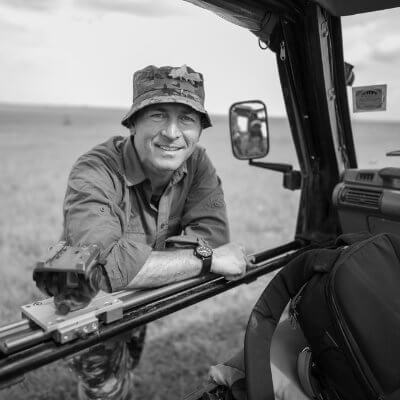
“Anything cute and cuddly evokes something in human nature – and particularly anything with big eyes,” says wildlife photographer Graeme Purdy.
Nature is already beautiful in itself. Beauty needs no validation and thus, the ranking of birds based on their Instagramable-ness seems objective.
As for Graeme, he tries to use his handle to share pictures and engage people in pictures that seem valuable to him.
Are people On Instagram Qualified To Discern?
Of course not. Instagram is a platform with a huge engagement and an even huge algorithmic change. Nothing remains unjudged.
So when it comes to liking and appreciating wildlife photography, most users simply look for cutesy-tootsie pictures and that’s about it.
“On Instagram, people generally love big cats and elephants, but if I post what I think is an amazing photo of a mongoose, it’ll get no likes. So great images and popular images – those two aren’t 100% correlated,” added wildlife photographer Graeme Purdy.
Favoring One Over Another
Another factor that comes into play is the liking of people towards vegetarian birds over meat-eating ones.
An example of blatant amateurism is the difference between the followers of the most popular wildlife photographer on Instagram, and a super fluffy, fashionable, Pomeranian dog (Jiff Pom).
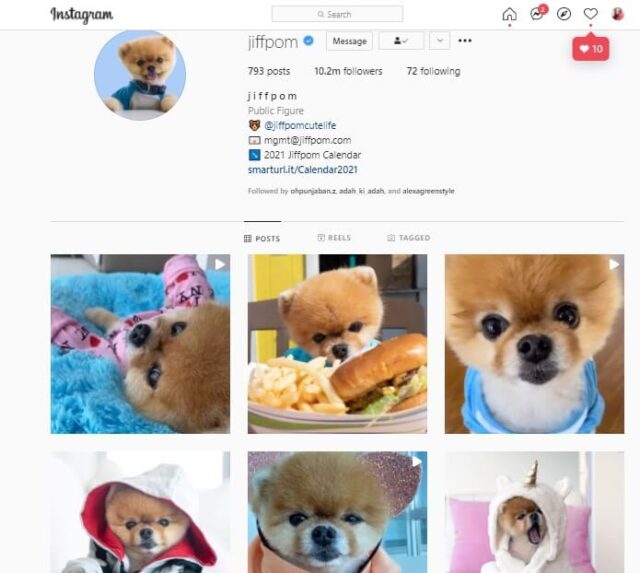
While the former has only 6.9 million followers, the latter’s followers have touched 10 million already.
That being said, the pandemic has augmented the wishes of people wanting to spend time with their pets and documenting it. And what better way to document your beloved pet’s whereabouts than to create an individual handle for them?
Do Wildlife Pictures Help Us In Any Way?
Yes, wildlife pictures definitely help us. From escaping reality to gushing over the ethereal beauty of all creatures big and small, wildlife photography is a whole package.
Some photographers try to incorporate certain conservative awareness thoughts into their photographs and captions.
“And I guess,” adds Dr. Thommes, “just looking at photos of wildlife has a positive impact on people, especially in times like these.”
Image Source: Google Images
Sources: BBC, Business Insider, The NY Times
Find The Blogger: @evidenceofmine
This post is tagged under: Bird, science, scientists, Instagrammable, most Instagrammable, Instagram, scientific paper, study, bird photo, Frogmouth, most Instagrammable bird, researchers, poetic justice, celebrity, Instagram celebrity, world’s most unfortunate-looking bird, research paper, photographers, photography, bird photography, animal photography, wildlife photography, nature photography, algorithm, Instagram algorithm, variety, bird variety, facial features, bird sighting, University of Konstanz, Germany, bird database, ornithology, ornithologists, Dr. Thommes, photographer, psychologist, psychology, social media, visual content, content, Instagrammers, active users, plumage, bird features,Blue, most aesthetically appealing, aesthetic, engagement, content engagement, tourism, tourism images, tourism content, peaceful, tranquil, secure, orderly, stability, reliability, popularity, beauty, seabirds, appealing, study, sandpiper, oystercatcher, storks, vultures, shareable, likeable, pictures, photographs, cute, cuddly, human nature, big eyes, eyes, Graeme Purdy, validation, ranking, objective, irrelevant, Qualification, qualified critics, critics, judge, judgement, platform, social media platform, consistency, change, likes, follows, big cats, elephants, mongoose, vegetarian birds, meat eaters, amateur, fluffy, fashionable, pomeranian dog, Jiff Pom, pandemic, COVID, COVID19, pets, creatures, conservative awareness, captions, positivity, optimism






























